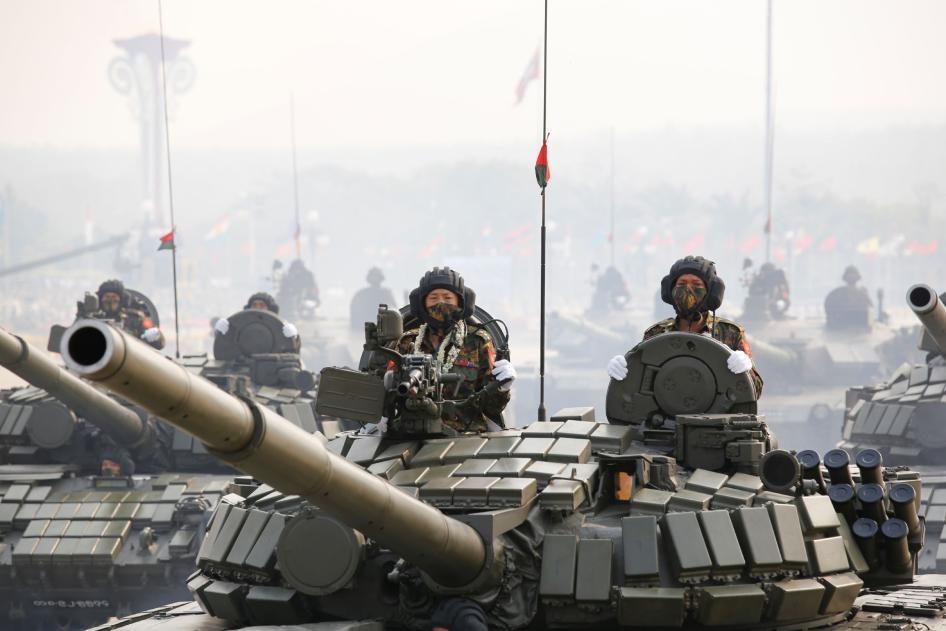Understanding the Current Situation in Myanmar

Introduction
The situation in Myanmar remains a critical issue, particularly following the military coup in February 2021, which has led to widespread political unrest and humanitarian crises. The international community is deeply concerned about the impact of these events on regional stability and human rights.
Overview of Recent Events
Since the coup, Myanmar has experienced significant political upheaval. The military, known as the Tatmadaw, overthrew the democratically elected government, detaining key political figures including Aung San Suu Kyi. This has sparked massive protests across the country, leading to a violent crackdown by the security forces. As of late October 2023, reports indicate that thousands of civilians have been killed or injured since the coup, with many more displaced from their homes.
Humanitarian Crisis
The ongoing violence has resulted in a deteriorating humanitarian situation. According to the United Nations, about 1.5 million people are internally displaced, and over 14 million require humanitarian assistance. Access to essential services such as healthcare and education has been severely restricted, exacerbating the plight of vulnerable populations, including children and elderly citizens. International humanitarian organisations are calling for more support and intervention to address these urgent needs.
International Response
The international response has included targeted sanctions against Myanmar’s military leaders and arms embargoes from various countries. However, the effectiveness of these measures has often been challenged by the complex geopolitical landscape. The Association of Southeast Asian Nations (ASEAN) has attempted to mediate the crisis but faces criticism for its limited impact. Meanwhile, calls for a more coordinated global response are mounting as the situation continues to unfold.
Conclusion
As Myanmar grapples with significant political and humanitarian challenges, the need for sustained international attention and action is crucial. The ongoing conflict poses risks not only to the people of Myanmar but also to the stability of the wider Southeast Asian region. The future remains uncertain, but the hope for a return to democratic governance and peace lingers among many citizens. It is essential for global leaders and organisations to remain engaged and to support the restoration of human rights and stability in Myanmar.
